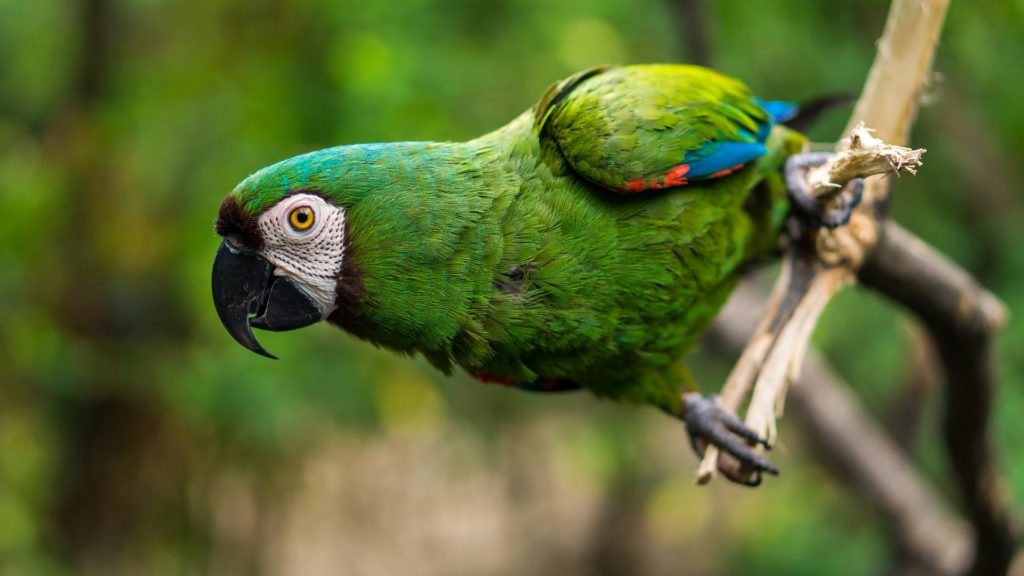Last year, SIANI and Focali supported an event focussed on science and its relationship to peace building, the effects of war on biodiversity, and how scientists are affected by conflict. The event was attended by 107 people and focussed upon these thematic areas in relation to Colombia and featured an interdisciplinary group of scientists who discussed how academia and science perceive and have been affected by conflict. The event was supported by The Centre for Latin American Studies at the University of California – Berkeley (CLAS), the Colombian Evolutionary Biology Association (COLEVOL), the Gothenburg Global Biodiversity Centre (GGBC), the Swedish International Agriculture Network (SIANI) and the Forest, Climate and Livelihoods Research Network (Focali).
Colombia’s humanitarian crisis and social unrest are consequences of historically unresolved conflicts and growing economic inequality. These underlying factors have become acutely visible from the very beginning of the COVID-19 pandemic. In a country where social mobility takes eleven generations, access to education promises improved quality of life and a contribution to solving the country’s social conflicts. Ironically, academia – and in particular natural sciences – have tended towards “apolitical” practises for fear of losing “objectivity”. This attitude is delaying a necessary review of the role that science plays in the transformation of society and how science responds to social and political contexts. There is a need to examine how Colombian science feeds into and has fed on neo-colonialism, classism, racism, sexism, homophobia, and other systemic issues. Science is a human practice and as such is permeated by the cultural and political context in Colombia.
According to Lina Pinto-García, it is possible to work towards peace through science by questioning how science can be biassed and directed towards interests that are not aligned with peacebuilding. Throughout the event, we heard voices of reconciliation from Diego Calderón Franco who was kidnapped by the ex-FARC (Revolutionary Armed Forces of Colombia) while birdwatching and today works with ex-guerrilla peace signatories to monitor the country’s biodiversity. The need to generate an intercultural dialogue between local and scientific knowledge systems was highlighted by Iokiñe Rodríguez Fernández, who is developing projects with local schools that promote peacebuilding. Dialogues such as this event make it possible to amplify voices and to consider diverse ideas on how to achieve peace with social justice. Pablo Palacios, a native of Quibdó Chocó – or as he calls it, a native of “deep Colombia” – wonders why the inhabitants of Colombia’s most biodiverse area have to go abroad to get the scientific training they need to promote conservation and acquire new knowledge. He emphasises that decentralising education can strengthen local research.
“If local communities are involved, the questions are formulated in a different, but more relevant format,” – Pablo Palacios
This news story was originally written by Valeria Ramírez Castañeda in Spanish and translated and edited into English by Maria Fernanda Torres Jimenez and Dan Burke-Ward. The event was organised by Valeria Ramírez Castañeda (PhD candidate in biology, Department of Integrative Biology, US Berkeley), Elena Ritschard (PhD candidate in biology, University of Vienna), Gustavo Ballen (Postdoc in biology, University of Sao Paolo), María Fernanda Torres (Postdoc in biology, University of Gothenburg), and Camilo López Aguirre (Postdoc in biology, University of Toronto). The video recording of the event is available in both Spanish and English.
